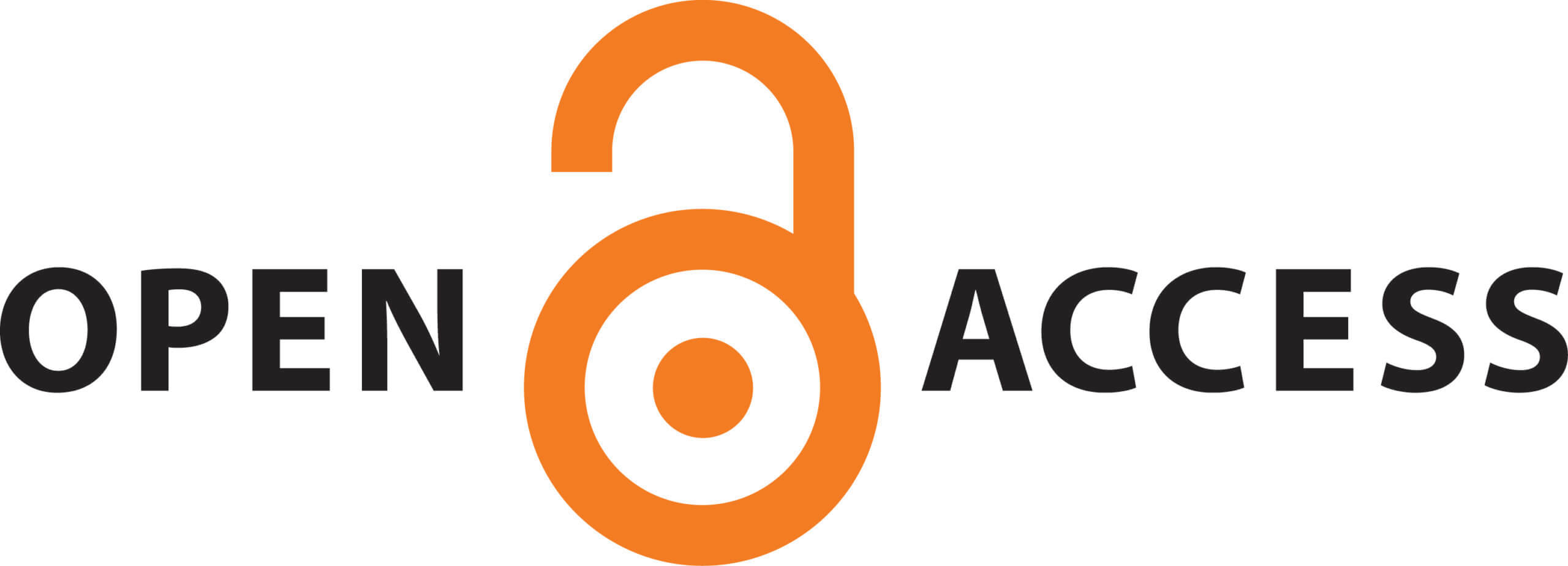The Effect of Self-Directed Learning Skills on Teacher Turnover Intention in Post-COVID Era
A Teacher-Perceived Paradigm
DOI:
https://doi.org/10.24312/ucp-jbp.01.01.130Keywords:
Motivation and self-confidence, Attitude towards learning, Ability to plan to learn, Ability to apply learning strategies, Evaluation of learning success, Turnover IntentionAbstract
This study examines the impact of self-directed learning skills on teacher turnover intention in Higher Education Institutions (HEIs) of Pakistan. The study focuses on various aspects of self-directed learning skills and aims to provide insights for educational institutes to manage turnover intentions by imparting self-learning strategies to teachers. The study employs a quantitative research design, collecting data from 251 teaching faculty of both public and private universities in Lahore, Pakistan, using a survey questionnaire. The results reveal that motivation and self-confidence, attitude towards learning, ability to plan learning, and evaluation of learning success reduce turnover intention. An interesting finding shows that the positive relationship between the attitude to apply learning strategies and turnover intention suggests that the ability to apply learning strategies could enhance their skill set and marketability, leading them to seek better opportunities elsewhere. This research has important practical consequences for educational institutions, it recommends that institutions should focus on teaching employees self-directed learning methodologies while simultaneously regulating their intent to leave. Institutions may retain talented personnel, minimize turnover costs, and enhance overall performance by doing so. To increase self-directed learning skills and minimize turnover intentions, institutions must engage in staff development programs, provide a positive work atmosphere, and give professional development opportunities. The study is unique in that it uses social exchange theory to explore the link between self-directed learning skills and turnover intention, offering a novel viewpoint on minimizing turnover by boosting self-directed learning and enhancing the work environment. It emphasizes the relevance of social exchange processes in determining teachers' intentions to leave and the importance of balancing rewards and costs in the workplace. The study's contribution to the literature is the development of a novel and significant theoretical framework for comprehending this intricate interaction.
Downloads
Published
Issue
Section
License
Copyright (c) 2023 UCP Journal of Business Perspectives

This work is licensed under a Creative Commons Attribution-NonCommercial 4.0 International License.







